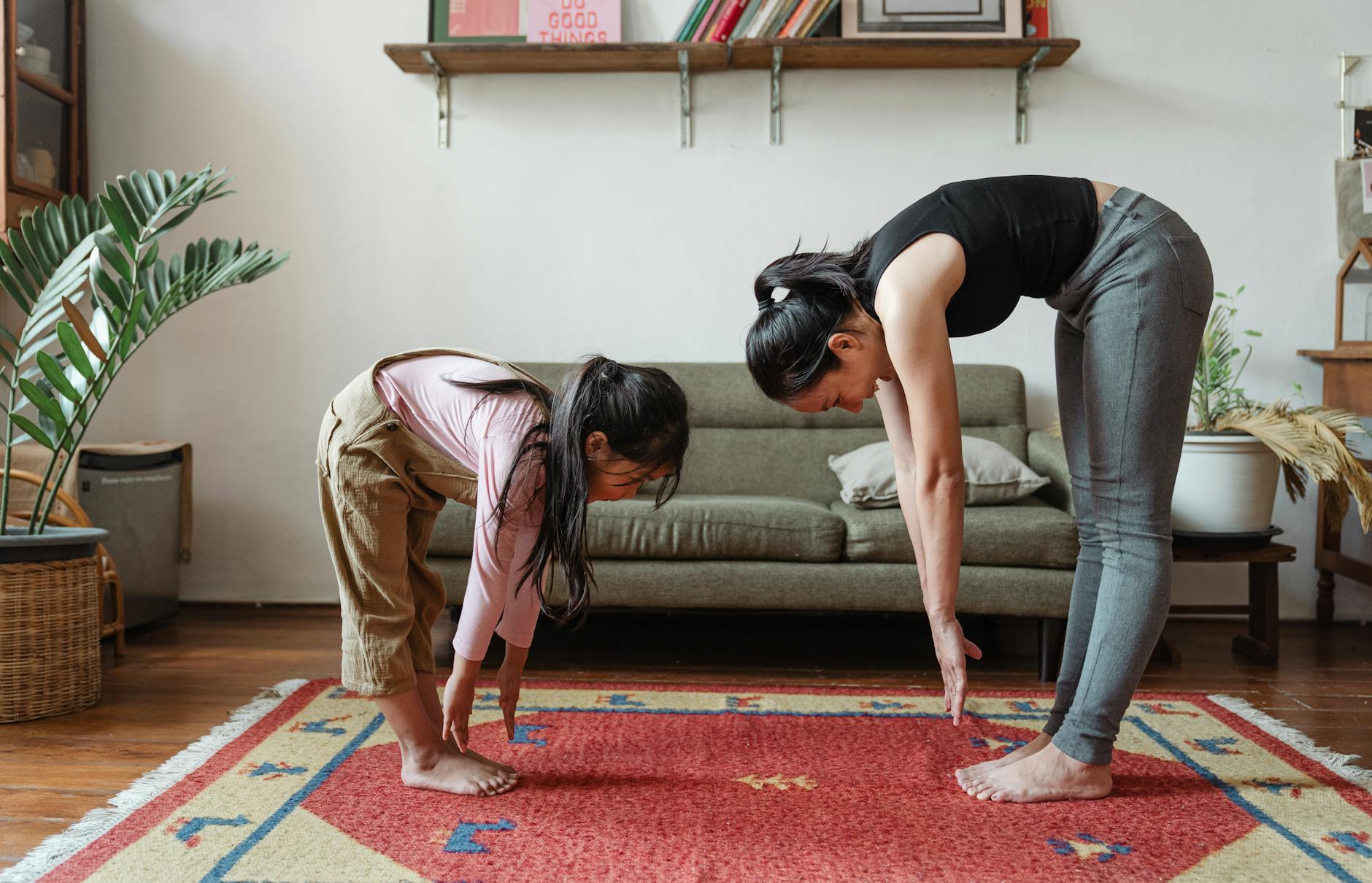When it comes to managing anxiety, conventional methods like therapy and medication often take center stage. However, exploring unconventional approaches can offer valuable insights and techniques that may resonate with individuals seeking a fresh and personalized perspective. In this blog post, we'll delve into innovative strategies and alternative practices that have shown promise in alleviating anxiety symptoms. Whether you're looking to complement existing treatment or prefer non-traditional approaches, these unconventional methods may provide the relief and empowerment you've been searching for.
Understanding Anxiety
Anxiety disorders are a common mental health condition affecting millions of people worldwide. They can manifest in various forms, each with its own distinct characteristics and symptoms. Understanding these different types of anxiety disorders is crucial in gaining insight into the condition and exploring unconventional ways to overcome it.
Generalized Anxiety Disorder (GAD)
Symptoms of GAD include persistent and excessive worry about everyday things, often accompanied by physical symptoms such as fatigue, irritability, muscle tension, and difficulty sleeping. Individuals with GAD may find it challenging to control their worry, impacting their daily functioning.
Social Anxiety Disorder
Social anxiety disorder, also known as social phobia, involves an intense fear of social situations and scrutiny by others. It can lead to significant distress and avoidance of social interactions, impacting an individual's personal and professional life.
Panic Disorder
Panic disorder is characterized by recurrent, unexpected panic attacks accompanied by intense physical symptoms such as heart palpitations, sweating, trembling, and a feeling of impending doom. The fear of experiencing a panic attack can lead to avoidance behavior, impacting daily activities.
Phobias
Phobias are irrational and excessive fears of specific objects or situations, such as heights, flying, animals, or enclosed spaces. Exposure to the phobic stimulus can lead to extreme anxiety or a panic attack, leading to avoidance behavior.

Photo by Piccinng
Understanding the various types of anxiety disorders provides a foundational knowledge that can help individuals recognize and address their specific symptoms effectively.
Unconventional Strategies for Anxiety Relief
Anxiety relief can be achieved through unconventional methods that provide a fresh perspective on managing this common issue. These strategies, while not traditional, have shown effectiveness in providing relief and promoting mental well-being.
Mindfulness and Meditation
Mindfulness and meditation involve focusing on the present moment and cultivating a sense of calm and awareness. Incorporating mindfulness practices into daily routines can help individuals manage anxiety by reducing overthinking and promoting relaxation.
Expressive Writing and Journaling
Expressive writing and journaling offer a creative outlet for processing emotions and thoughts. By putting pen to paper, individuals can explore their feelings, identify triggers of anxiety, and gain a clearer understanding of their inner experiences.
Physical Exercise and Movement
Engaging in physical exercise and movement is beneficial for both physical and mental health. Regular exercise releases endorphins, which are natural stress relievers, and can help reduce anxiety levels. Whether it's yoga, running, or dancing, finding a form of movement that brings joy is crucial.
Art and Creativity Therapy
Art and creativity therapy involve using art forms as a means of self-expression and emotional release. Engaging in activities such as painting, sculpting, or playing a musical instrument can provide a therapeutic outlet for individuals dealing with anxiety.

Photo by Ketut Subiyanto
These unconventional strategies offer individuals a holistic approach to managing anxiety, empowering them to explore different avenues for finding relief and improving their overall well-being.
Lifestyle Adjustments for Anxiety Management
In today's fast-paced world, managing anxiety often requires a holistic approach that includes lifestyle adjustments. Making changes in your diet and nutrition, improving sleep hygiene, seeking social support, and engaging with your community can significantly impact your anxiety levels.
Diet and Nutrition
Eating a well-balanced diet is crucial for managing anxiety. Incorporating foods rich in omega-3 fatty acids, such as salmon and walnuts, can help reduce anxiety symptoms. Additionally, consuming complex carbohydrates, found in whole grains and vegetables, can stabilize blood sugar levels and promote a sense of calm. Limiting caffeine and alcohol intake can also minimize anxiety triggers.

Photo by mali maeder
Sleep Hygiene
Quality sleep is essential for mental well-being. Establishing a regular sleep schedule, creating a calming bedtime routine, and ensuring a comfortable sleep environment can support better sleep hygiene. Avoiding screens before bedtime and limiting stimulating activities can also promote relaxation and improve sleep quality.
Social Support and Community Engagement
Connecting with supportive individuals and engaging in community activities can provide a sense of belonging and reduce feelings of isolation. Whether it's joining a club, volunteering, or simply spending time with loved ones, fostering meaningful social connections can offer emotional support and aid in anxiety management.
By making intentional lifestyle adjustments such as these, individuals can take proactive steps to manage their anxiety and improve their overall well-being.
Conclusion
In conclusion, exploring unconventional methods to overcome anxiety can provide a fresh perspective and open up new possibilities for managing this common struggle. By integrating alternative approaches such as mindfulness, art therapy, or outdoor activities into your routine, you may discover effective tools for reducing anxiety and improving overall well-being. Embracing a diverse range of strategies empowers individuals to find personalized solutions that resonate with their unique experiences. Ultimately, taking a creative and open-minded approach to anxiety management can lead to meaningful progress and a renewed sense of control.








